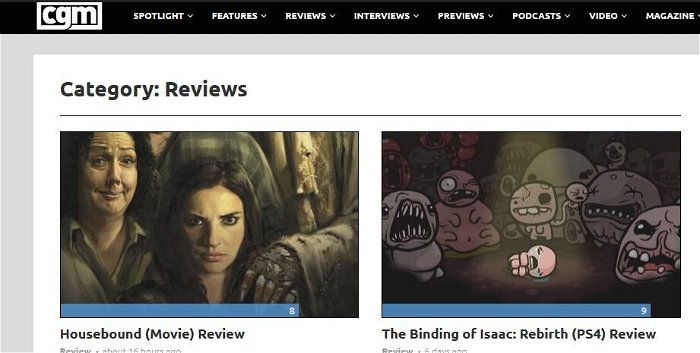Recently Joystiq announced that they are abandoning a review score entirely, and joining Kotaku as being one of the few major game journalism outlets that rate their games by words alone. This is actually not a bad idea, and in a perfect world, this is the only kind of review that we would have; people judging a game’s quality based not on numbers, but actual opinion. As it is, we don’t live in a perfect world, and while I think Joystiq and Kotaku are doing something that’s actually healthy for the industry, I don’t believe that everyone should do it. Different people have different needs, and a review with no score serves the needs of some gamers, but does not help others.
So what are review scores good for?

On the one hand, and this is probably my least favorite aspect of them, they are good for lazy readers. If you just want to know, as quickly possible, whether a game is “good,” then a look at the score will give you that. Of course, if you aren’t familiar with the writer’s opinions, and you hate hard games, but see that this Demon’s Souls thing is getting 9s and 10s all over the place, you might have just set yourself up for a huge “rip off” because you were in too much of rush to do your homework. You just spent your money based on less than 10 seconds of reading a number, seeing a game is “great” and buying it without ever once questioning if it aligns with your actual taste, because the score was high.
On the other hand, that number, even without reading a review, can be quite meaningful when taken in the context of other numbers. Metacritic, whether people like it or not, has become the defacto aggregate for compiling game review scores and averaging them out. There’s somewhat more reliable math at work here, since the website compiles samples from outlets it deems legitimate, and weights their scores according to in-house policies for how important a particular outlet is. This is definitely useful for people that are more inclined to do research. After all, if a majority of professional critics are praising or damning something, then there’s a good chance that this is a prevailing, “average” opinion that most people will share. If, on the other hand, review scores are all over the place for a particular game, that’s also useful, as it means the game is sufficiently unique enough that it’s really up to the individuals themselves to decide if it runs along their taste. A collection of review scores is a good way to research a particular game and get broad information.

A review score is also a pretty good indicator for that best case scenario, the familiar reader. If you already know a particular reviewer has tastes similar to yours, then a review score is a good, short hand indicator of how you’ll probably receive the game as well. If someone you trust for JRPG opinions is giving a high score to a new, niche title, then that number probably tells you everything you need to know.
Ultimately, a review score is only as good as the source that it is coming from. Lengthy written and video reviews exist for a reason; they are there to give you the details, to point out the good and the bad. You can’t get any of that from looking at just a number. But what a review score does, especially when consistently applied, is create a standard, it adds structure to an opinion. The number is a summation of a thought process, but should never be taken as the only vehicle of expression for all those thoughts.
If everyone had more time, were more conscientious and diligent in their research, and more open to discussion with each other over differences in opinion, then reviews without scores would be the ideal way to gauge opinions on games. Unfortunately, we don’t live in a world like that, and as long as people need a more concise way to get an opinion—especially a series of them—then reviews scores will always have a place. Not for everyone, of course, but for many, there’s still a lot of usefulness in those numbers.




